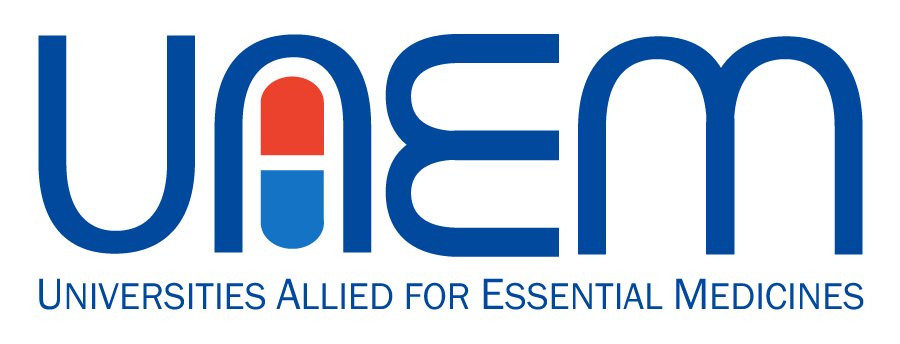NIH Access Planning Goes Into Effect
For Immediate Release: October 2, 2025
Contact: Justin Mendoza, justin@uaem.org
WASHINGTON, D.C. — Yesterday, October 1, the NIH Intramural Access Planning Policy went into effect, an important win in the fight for access and affordability. This policy, originally released under the Biden Administration, represents a major step toward ensuring that government-owned biomedical innovations are accessible and affordable to the public.
The NIH invests nearly $48 billion taxpayer dollars into the research and development (R&D) of biomedical innovations, contributing to the development of many, if not most, drugs on the market. Yet, Americans continue to pay the highest prescription drug prices in the world, and many of these technologies are priced out of reach for patients globally.
Under the new policy, corporations relying on technologies developed in NIH labs must submit an access plan detailing how their product will be made accessible to US patients. While this is meaningful progress toward the US government prioritizing access to publicly funded innovation, it only applies to inventions developed in federal labs, rather than all taxpayer-funded research. In addition, a plan for global access to innovations is suggested, but not mandated, by the policy.
UAEM has been closely engaged with the NIH throughout the development of this policy. Through a public workshop and written comments, UAEM pushed for transparency, meaningful access requirements, and robust monitoring and enforcement mechanisms.
“Medicines developed with the support of our taxpayer dollars should never be inaccessible to the public,” said Justin Mendoza, UAEM’s Executive Director. “This policy is an important course-correcting step, setting the example for institutions around the world that fund drug R&D or license their biomedical innovation.”
UAEM, in partnership with the Medicines Patent Pool and other stakeholders, developed the first Affordable Access Planning Policy for UCLA in 2020. It has since been adopted by at least five research universities in the US without, as the licensing directors say, any industry pushback.
Access plans are an effective tool to ensure that taxpayer-funded innovations reach those who need them most. UAEM will continue to fight for upstream access commitments that advance science and health for all.
###
